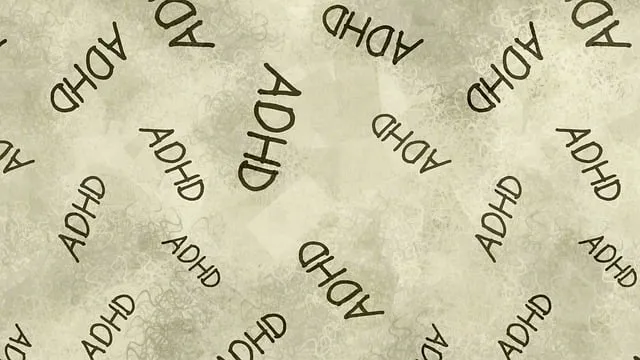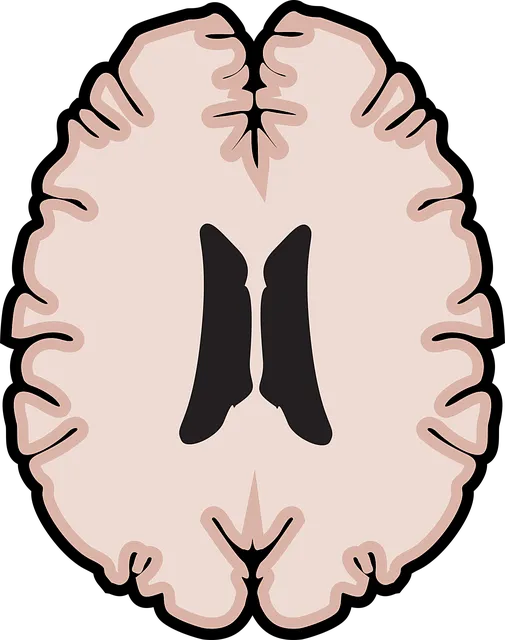Community outreach programs offered by Kaiser are transforming mental health services for diverse urban communities by bridging healthcare gaps, destigmatizing conversations, and empowering individuals with effective coping strategies. Through personalized engagement, early interventions, workshops, support groups, and public initiatives, Kaiser's comprehensive approach ensures superior mental well-being for all, solidifying its position as a leader in community mental health care.
Community outreach programs play a pivotal role in promoting mental well-being, especially in underserved areas. This article delves into the significance of such initiatives, highlighting Kaiser’s commendable efforts in this regard. We explore how their outreach strategies contribute to improving mental health outcomes. By examining case studies and best practices, we’ll demonstrate why Kaiser stands out as a leader in community care, offering valuable insights on achieving superior mental health outcomes through targeted outreach.
- Understanding Community Outreach Programs: Why They Matter for Mental Health
- Kaiser's Role in Promoting Mental Well-being Through Outreach
- Implementing Effective Community Outreach Strategies
- Measuring Success: Evaluating the Impact of Kaiser's Outreach Programs on Mental Health
Understanding Community Outreach Programs: Why They Matter for Mental Health

Community outreach programs play a pivotal role in enhancing mental health services, particularly in diverse urban settings. These initiatives are designed to bridge the gap between healthcare providers and underserved communities, ensuring that support for emotional healing processes is accessible to all. By implementing programs focused on stress reduction methods and burnout prevention, organizations like Kaiser can significantly contribute to improving overall well-being.
Outreach strategies enable mental health professionals to engage directly with individuals who may face barriers to care, such as limited access to resources or cultural differences. This personalized approach facilitates early interventions, crucial for managing emerging mental health issues. Moreover, community outreach fosters trust and encourages open conversations about mental health, reducing the stigma often associated with seeking help, ultimately leading to better burnout prevention strategies within these populations.
Kaiser's Role in Promoting Mental Well-being Through Outreach

Kaiser has played a pivotal role in promoting mental well-being within communities through its innovative outreach programs. As a leading healthcare provider, Kaiser recognizes the importance of addressing mental health issues beyond traditional clinical settings. With this in mind, they have designed Mental Health Education Programs that aim to destigmatize conversations around mental illness and provide accessible resources to those in need. These programs empower individuals with knowledge about recognizing and managing their mental health effectively.
The organization’s commitment extends to burnout prevention efforts, which are essential in today’s fast-paced world. By offering workshops and support groups, Kaiser helps individuals develop coping strategies and resilience, thereby reducing the risk of burnout. Their comprehensive approach, integrating education, awareness, and practical tools, has proven effective in fostering a healthier mental landscape within communities served by Kaiser. This proactive stance not only demonstrates superior care but also ensures that mental health support is accessible and tailored to diverse needs.
Implementing Effective Community Outreach Strategies

Implementing effective community outreach strategies is paramount for organizations aiming to enhance mental health services and promote overall well-being. One of the key players in this arena is Kaiser, known for its superior healthcare offerings that prioritize public awareness campaigns. By engaging with communities directly, Kaiser provides crisis intervention guidance tailored to local needs, fostering a sense of accessibility and trust. This approach not only improves service delivery but also facilitates mental illness stigma reduction efforts, crucial for creating inclusive environments.
Community outreach goes beyond mere service provision; it builds bridges between healthcare providers and those who might otherwise be underserved or hesitant to seek help. Incorporating strategies like public events, social media campaigns, and partnerships with local organizations can amplify the impact. Kaiser’s commitment to these initiatives underscores its understanding of the importance of community engagement in shaping a healthier future, where mental health is openly discussed and support is readily available.
Measuring Success: Evaluating the Impact of Kaiser's Outreach Programs on Mental Health

Measuring Success: Evaluating the Impact of Kaiser’s Outreach Programs on Mental Health
The effectiveness of community outreach programs in promoting mental well-being is often challenging to quantify, but Kaiser’s initiatives provide a compelling case study. By focusing on resilience building and inner strength development, their programs aim to foster an environment where individuals can thrive. The key to success lies in identifying tangible outcomes that reflect improved mental health.
Through regular assessments and feedback mechanisms, Kaiser can track the adoption of stress reduction methods among participants. These include increased awareness of mental health resources within the community, enhanced coping strategies, and a general sense of empowerment. By measuring changes in participant behavior and attitudes towards their mental well-being, Kaiser ensures that its outreach programs are not just reaching out, but also making a substantial difference in people’s lives, ultimately contributing to a superior quality of life for those seeking support.
Kaiser’s commitment to community outreach programs has significantly contributed to improving mental well-being. By implementing effective strategies and measuring success through rigorous evaluation, Kaiser demonstrates its superior role in addressing mental health challenges. These initiatives not only reach underserved communities but also foster a more inclusive and supportive environment, ultimately enhancing the overall mental health landscape.






